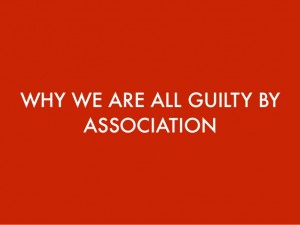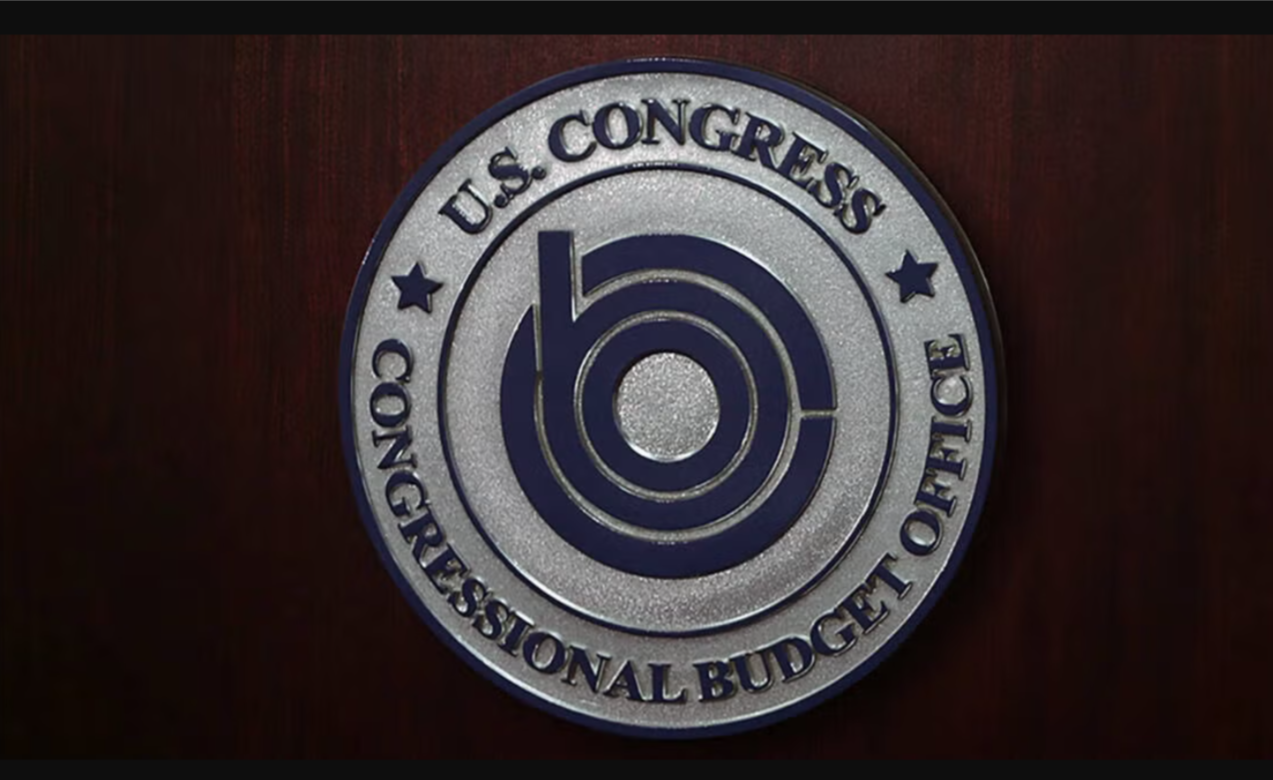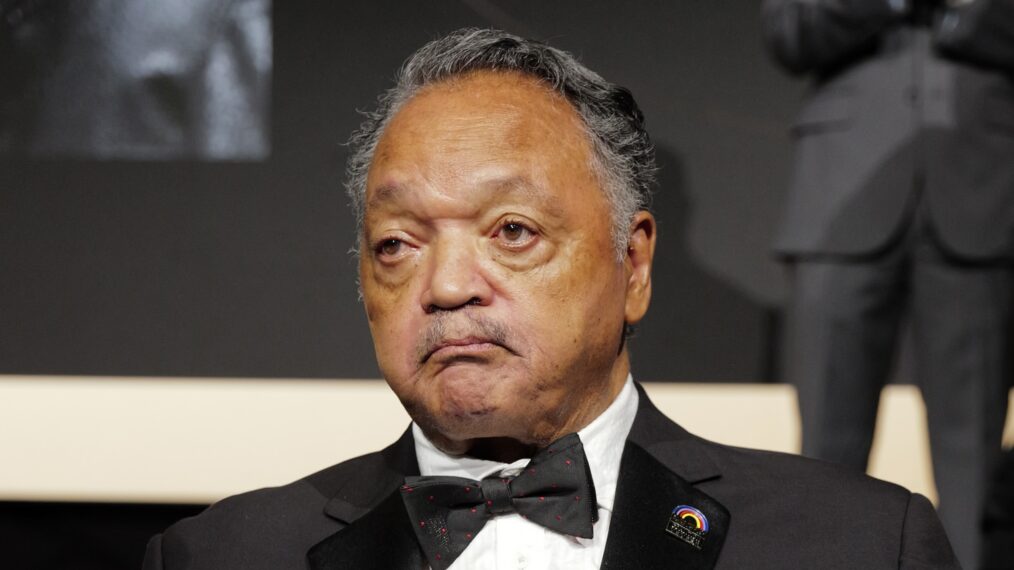(ThyBlackMan.com) Last week was a strange week for me. On two different social media sites, I had people deciding that they needed to defend themselves against something I shared… something that I didn’t share specifically with either one of them.
On the first one, I put up something on Facebook that was favorable to the president of the United States; sorry to those who don’t like him but that’s just the way it goes. Others joined in the conversation in support, and condemned the racism that he’s had to endure during his two terms in office.
Eventually, not one but two people decided they had to say something. In effect, they wanted to defend themselves against racism… even though I hadn’t called anyone out on it. My reply to both was that there had been a lot of racist things directed at him, and then I shared links to a couple of videos that are on YouTube; there are lots of racist videos directed at President Obama. I offered to share many other stories with each of them highlighting the racism towards him over the years; both decided to demure from the conversation at that point.
On the second one, I shared a slightly rewritten quote from a blog post I wrote in 2008 when talking about a fan at a football game on Twitter. The quote concerned people who say they can’t control their language, yet they seem to be able to do so at work and, at least those who care, around their parents and certain other people. Thus, they really can control their language; they just choose not to. I end the revised quote with “If they say no, I’ve got them.”
That brought up a vehement discussion, at least from one side, from someone who I know personally, who uses language fairly liberally. She took offense to it, saying she can say whatever she wants to unless someone is paying her. I questioned that, along with repeating the point about money. She had a few things to say, seemingly getting angrier, and I finally said “I don’t know why you’re getting mad at me; you responded to my quote.”
That seemed to change things up a bit. After a little more back and forth conversation, which I made sure not to escalate since I did know her, she said that maybe she jumped to a conclusion that wasn’t present. I let it go and moved on, while she decided to unfollow me; that’s life right?
I’ve never understood why, every once in a while, people feel the need to jump into a conversation that doesn’t have anything to do with their own beliefs on a subject with the intention of making sure the world doesn’t think it’s them that’s being talked about. It’s like they relate to it on some level, yet just can’t stop themselves from getting into the fray, even when they have to know that not only aren’t they being talked about, but they weren’t even under and consideration when the words were uttered.
That’s the question about feeling guilty by word association. What they don’t understand most of the time is that other people who are privy to the conversation immediately believe, as a modified Shakespeare quote goes, “thou doth protest too much” (the actual quote, from Hamlet, is “The lady doth protest too much, methinks”). In essence, it’s seen as an admission of guilt to something when they weren’t even on the radar of being accused of anything whatsoever. It’s the type of thing that happens on TV cop shows; it’s the oddest thing.
I can honestly say that I’ve never gotten into something because I thought people were talking about me. However, I have gotten into a conversation when it looked like people were being bigoted or racist, only to learn that either the conversation was about something else or someone was calling something out and I’d missed the context. It’s certainly embarrassing, and in those times (few thank goodness) I ask myself why I reacted so quickly and why I didn’t search back through the conversation to see what was going on, and then ask myself why I got into it in the first place.
So, even though it’s not quite guilt by word association, it’s definitely reacting to something based on interpreting information incorrectly. Major lessons learned after a long period of time.
Have you ever experienced this on one side or the other? How did you handle it, and did you learn from it? Go ahead and share; I won’t bite your head off.
Staff Writer; Mitch Mitchell
Official website; http://www.ttmitchellconsulting.com
One may also connect with this brother via Facebook; T. T. Mitchell Consulting, Inc. and Twitter; Mitch M.
















How about color associate and inaccuracy?
What’s sad is that we African Americans are still calling ourselves BLACK because Caucasian oppressors called us that to contrast their color and to assign to us all the negative things BLACK is equated with in the dictionary. The fact is, like it or not and believe it or not, YOU ARE BROWN and your car tires are black. You can say black is a culture but when they deal with you, they deal with you based on it’s definition – dismal, gloomy, dark, diabolical, treacherous, devoid of light.
WAKE UP AFRICAN AMERICANS. We do not call the Asian yellow man because he would not stand for it. We do not call the Native American a red man because he would not stand for it. We do not call the Hispanic man a brown man because he would not stand for it. And many Africans, Haitians and Jamaicans do not accept being called a color they know they are NOT.
Ironically, African Americans are the only ethnic group/race on the planet which allows ourselves to be called a color we are not, allowing ourselves to be defined by color, by someone else and to allow ourselves to be attached to a color we are not – a color they filled with negative denotations. Then we fight to help keep the lie in place.
Is it any wonder that cops treat us as BLACK people by the definition of dismal, gloomy, treacherous, evil etc? We will never rise and overcome as a people if we allow other groups to define us, to define us with a lie and we are sadly willing to help them. AFRICAN AMERICAN LIVES MATTER PEOPLE.
Black is the color of my car tires, not my skin. I am a family and relationship counselor who specializes in deprogramming African Americans from slavery mindsets.